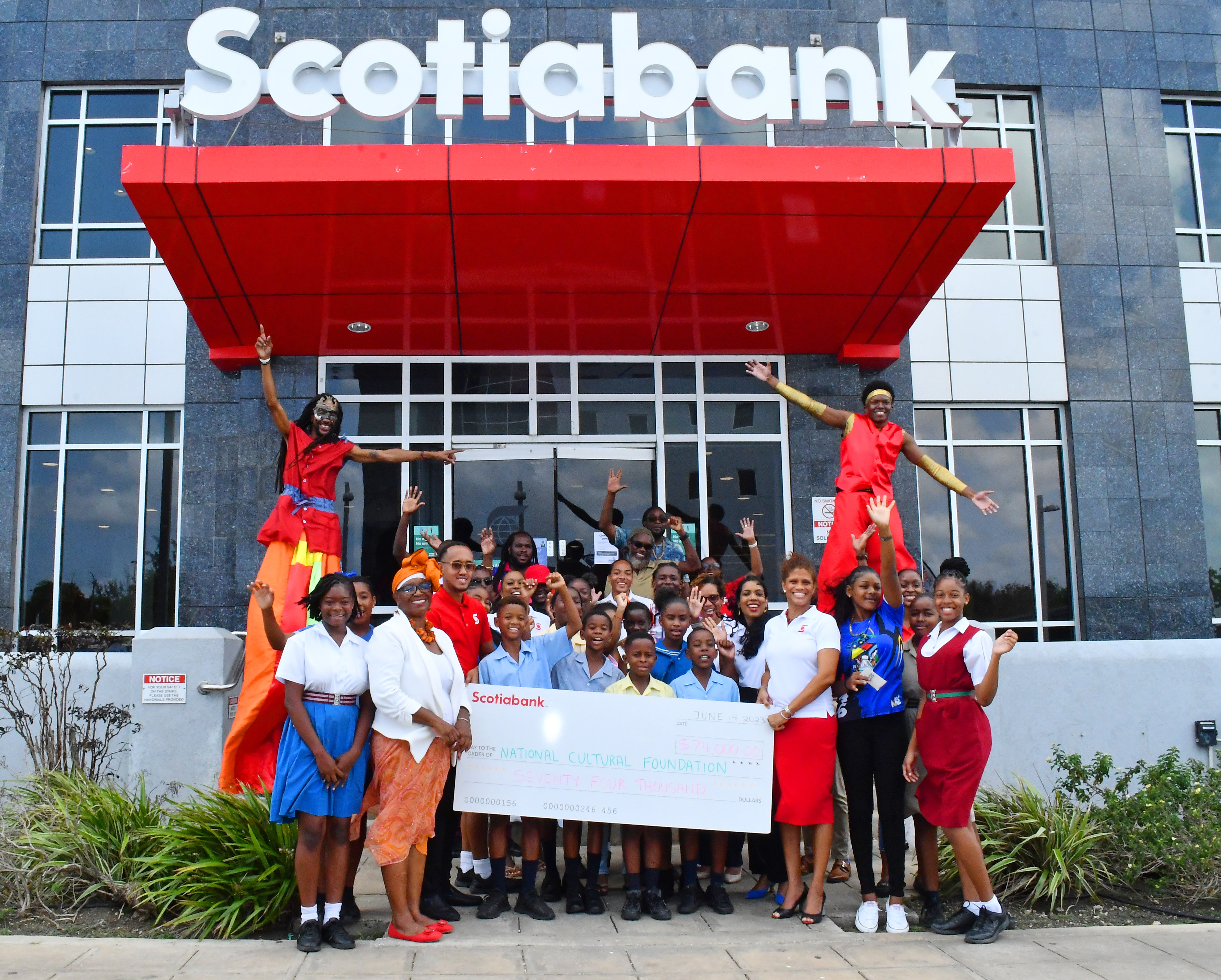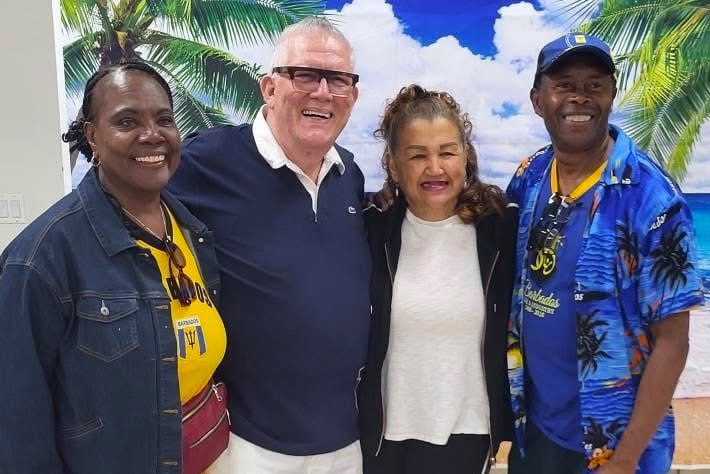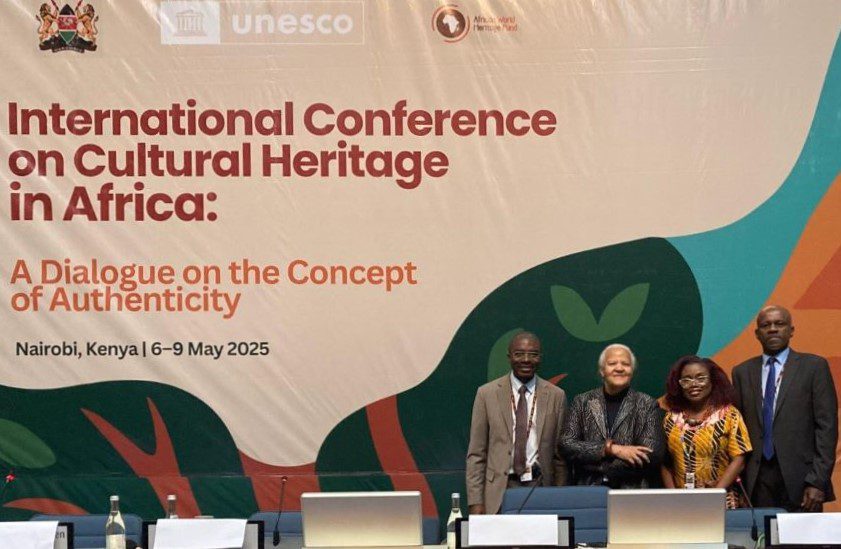A three-member Barbadian delegation is in Nairobi, Kenya, attending the International Conference on Cultural Heritage in Africa: A Dialogue on the Concept of Authenticity, which aims to foster an exchange of research, experience, knowledge, and observations.
The members of the delegation are Steve Devonish, Chair of the Barbados World Heritage Committee and Site Manager for Historic Bridgetown and its Garrison; Alissandra Cummins, Deputy Chair of the Barbados World Heritage Committee; and Dr. Sheron Johnson, Focal Point for Historic Bridgetown and its Garrison.
The four-day conference is a significant event dedicated to repositioning and redefining the concepts of authenticity and integrity in the context of African heritage. It is organised by UNESCO, in collaboration with the Government of the Republic of Kenya and the African World Heritage Fund, and has brought together heritage experts, government officials, local communities, non-governmental organisations, and academics from across Africa and the world.
Barbados, as the only Caribbean country to present at the conference, has been welcomed wholeheartedly by the Director of the World Heritage Centre, Lazare Eloundou Assomo, organisers of the conference, and other African countries.
The delegation, at the request of the Director, spoke to the outcomes of the conference having implications for small island developing states such as Barbados, as much of our heritage has linkage with Africa.
The meeting also seeks to address the gap between global heritage frameworks and African realities, particularly how authenticity and integrity are defined and applied. Its importance lies in the current application of authenticity, which has a European slate and negates African ecological realities, communities and landscapes.
Africa is home to an extraordinary wealth of cultural and natural heritage, yet it remains underrepresented on the World Heritage List. Currently, African sites make up only 12.26 per cent of the 1,223 World Heritage properties globally, despite the continent’s significance as the cradle of humanity. Additionally, it has the highest number of endangered heritage sites worldwide.
While in Kenya, the delegation, led by Mr. Devonish, paid a visit to the High Commission for Barbados in Kenya and engaged in fruitful discussions with the High Commissioner William McDonald on ways to further deepen the relation between Barbados and African States on matters of heritage, support for Barbados’ future plans at the World Heritage Centre, and ways the Division of Culture can support the Mission’s outreach to the Kenyan population. (PR/GIS)

 Local2 weeks ago
Local2 weeks ago
 Government3 weeks ago
Government3 weeks ago
 Sports2 weeks ago
Sports2 weeks ago
 Tourism3 weeks ago
Tourism3 weeks ago
 Business4 weeks ago
Business4 weeks ago
 Local4 weeks ago
Local4 weeks ago
 Tourism4 weeks ago
Tourism4 weeks ago
 Government4 weeks ago
Government4 weeks ago


































